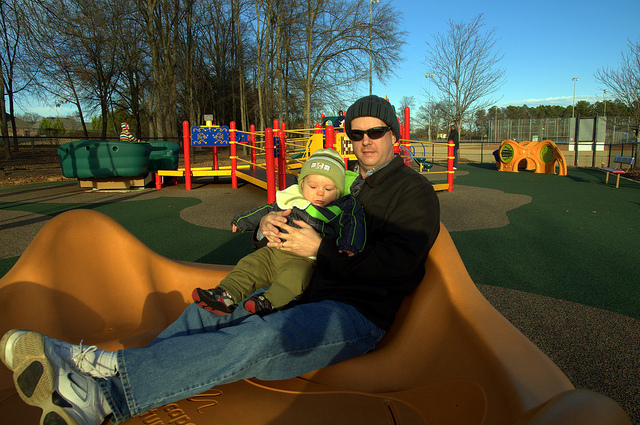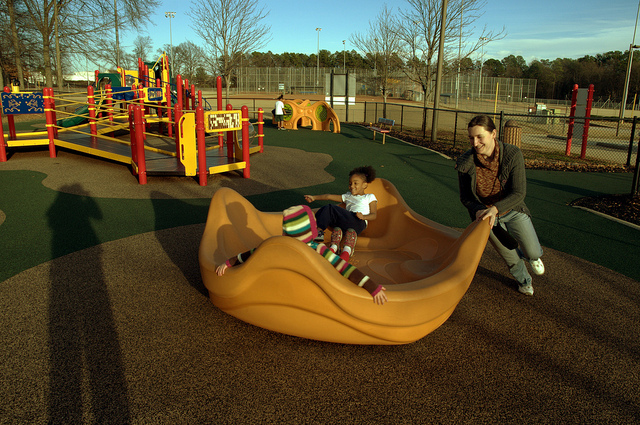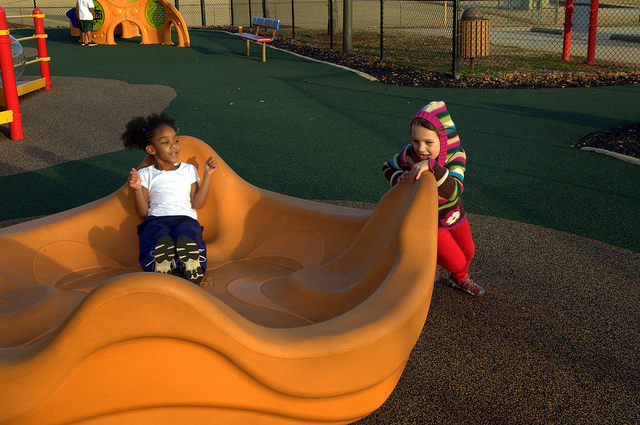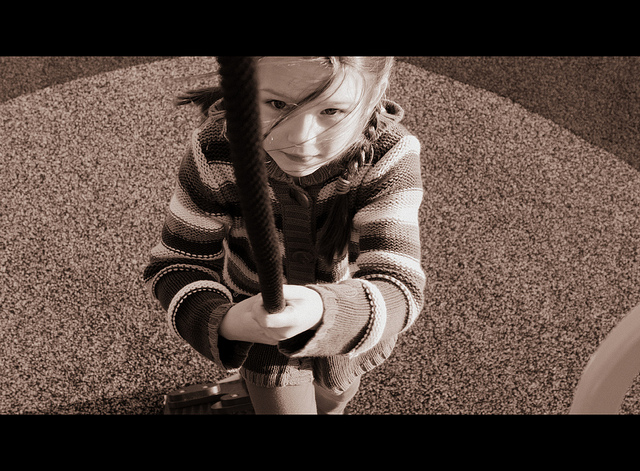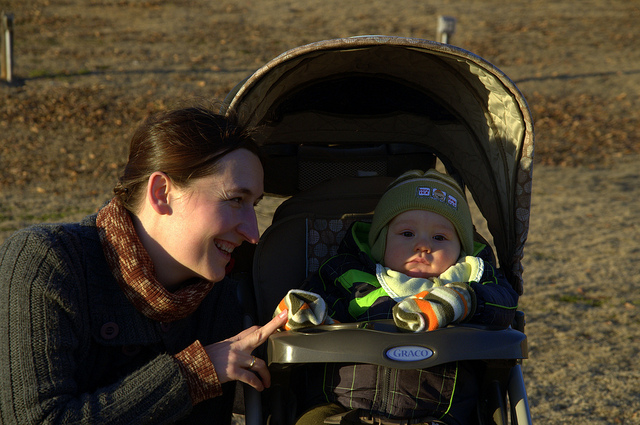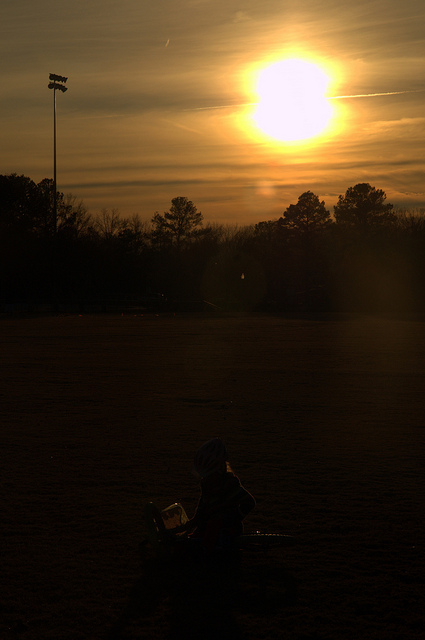“Our Father, who art in heaven,” we all intoned together during Mass this morning, and as I recited the prayer, I caught a glimpse of my reflection in the glass separating us in the sadly named “Crying Room” from the rest of the parishioners. For a second, I stared. It’s not that I didn’t recognize myself — that would be silly. But it struck me that the reflection had aged some, that the reflection was somehow not a true image of the real me, the young me, the just getting started me, the “me” we all invest so much energy into. Then, seeing a reflection of L, standing beside me, I realized I was paying less attention to myself of late and more attention to more important things. At least that was the reflection I wanted to see. Ask others and they’re likely to say I haven’t changed that much at all. Or maybe they won’t.
The funny thing about reflections is that they often “distort” because we’ve already distorted our own self-image. Perhaps that’s why so many don’t like having their picture taken: the photo shows them an individual they hardly recognize because it is so misaligned with how they see themselves, or want to see themselves. It’s a reflection they can’t manipulate by turning their good side or altering the light. It’s time and reflection frozen, and those little slices of existence can be very unflattering when taken completely out of the contextual stream of our lives.
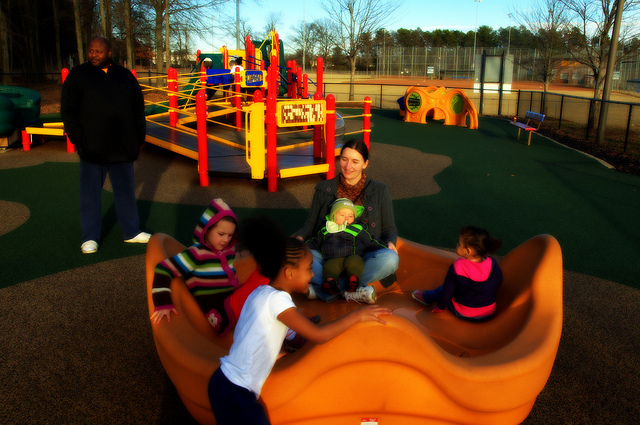
In some ways, then, the ultimate mirror is our children. By the time a child is L’s age, she’s reflecting much more than what we show her, and that’s always of concern. Yet children always act as a mirror for parents, and if we parents pay attention, the reflection our children provide can be a self-correction device.
It’s easy to get caught up with this reflected light, though, and think it’s the real thing. Plato and St. Paul both talk about this from different directions but with the same effect: we see ourselves reflected in the crying room glass (what a metaphor for the world — a crying room) and think that reflection is all there is to it. We forget to look through the glass to see what’s on the other side.
The same could happen with our children. When we live too vicariously through our children, when we try to force them to reflect the light we want in all situations, we’re doing the same thing. We’re not looking through the pane of our children’s achievements but merely at our reflection within it.
Looking at my reflection this morning, I thought back to an earlier point in the Mass when the Fr. Joe was swinging the thurible over the altar, with great wafts of smoke rising and curling, slowly creating a haze around the altar that we could have not only seen but smelled had our family not been in self-exile in the crying room. Fr. Joe’s words, too, were altered, coming through speakers that made him sound remote and artificial.
That somehow seems to be a metaphor for all the things we miss out on when we get too caught up in all those reflections. And one of the dangers of always carrying around a camera is the tendency to increase that separation, to view what’s going on around as cliche director in one of those films about films, always going around with his thumbs and forefingers making a rough frame for imagining life to be a film, a two-dimensional projection of one’s own overly-hyped interpretations.
At the very least, we can wait to impose a storyline on life until we are home, the kids are in bed, and we’re sitting a keyboard.
